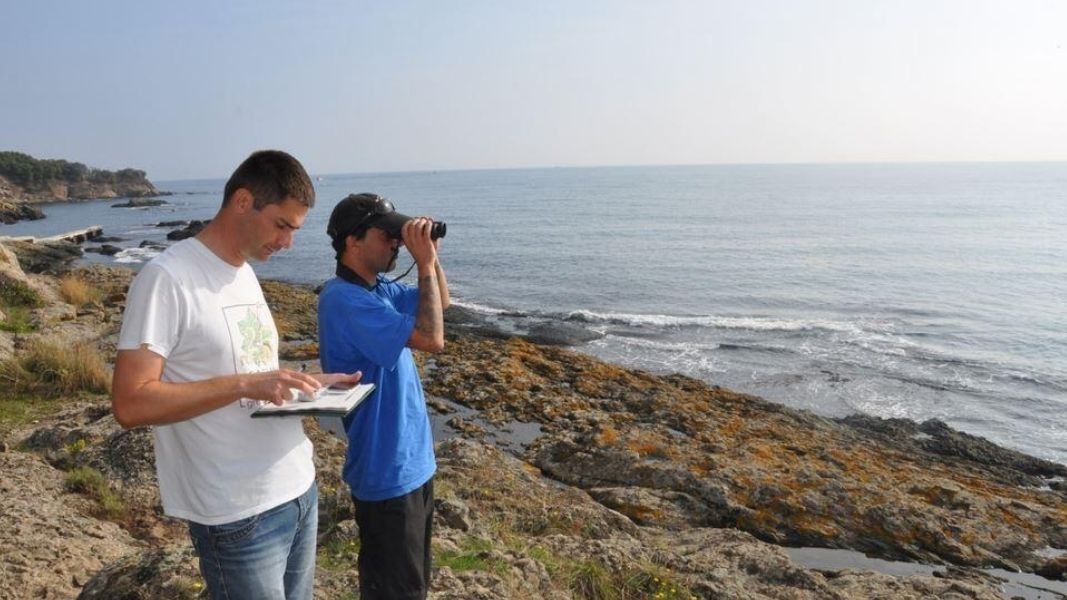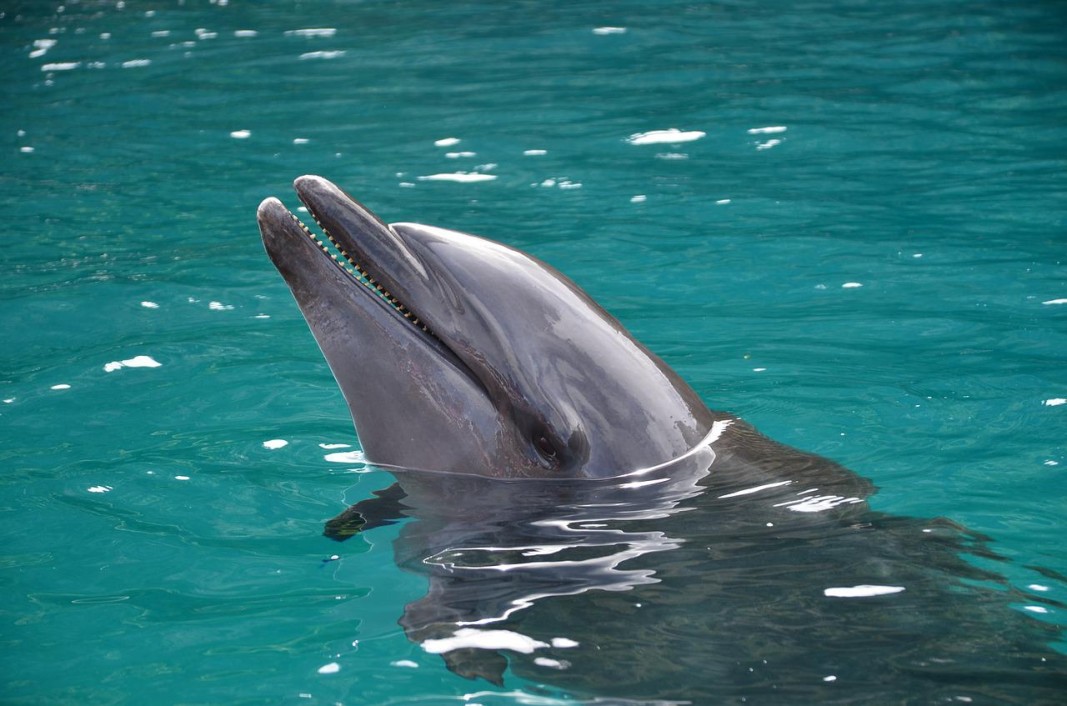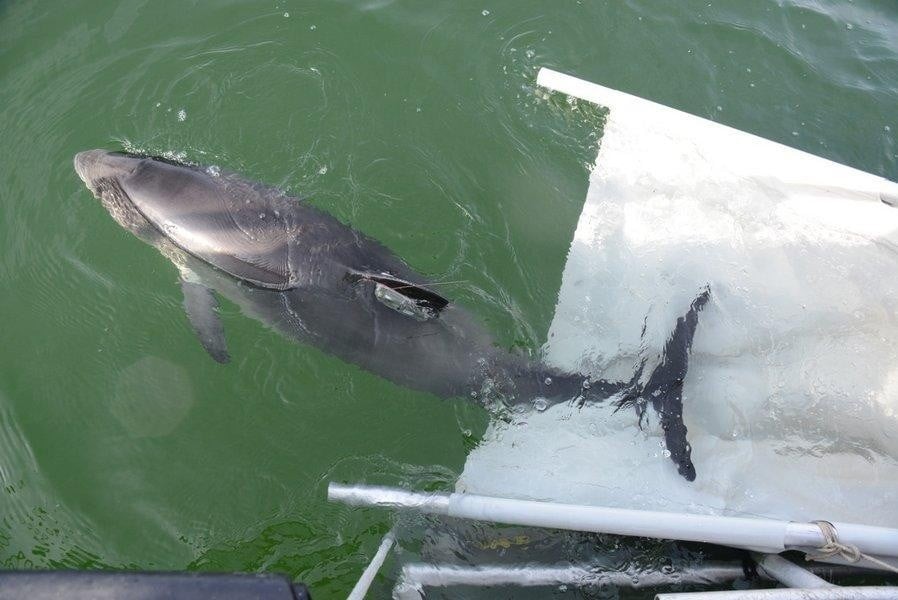Ecologists from Bulgaria, Romania and Turkey are finding more and more cases of disoriented dolphins near the Black Sea coast. Some experts explain the phenomenon with the military actions in Ukraine at sea, which are leading to a shift of dolphin habitats from north to south.
"Colleagues from Turkey have alarmed us of higher dolphin mortality rate as early as February. The victims are common dolphins who got entangled in fishermen’s nets," Dimitar Popov from Green Balkans told BNR-Burgas.– We found that the main problem was the increased dolphin population density in an unusual season, which we have attributed to the start of hostilities and higher levels of noise pollution.

As is well known, marine mammals are highly dependent on their hearing. It is their main means of orientation in the marine environment. Through their echolocation organ, mammals "see" and navigate underwater; thanks to echolocation, they are able to find food."
Like human blindness, loss of orientation in dolphins can also lead to severe consequences and death. "War increases noise pollution in the northern Black Sea, which is one of the priority habitats for cetaceans," notes Dimitar Popov, adding:
"This is where the widest shelf is, it is the most productive for their ecosystem, and this accounts for their higher density in this part of the Black Sea," explains the ecologist. - Deteriorated environmental conditions through increased noise pollution prevents them from finding their prey and leads to loss of orientation.

Naturally, this drives them to seek quieter areas to the South. The loud noises may also cause acoustic trauma, and, consequently, more cases of disoriented dolphins along the Black Sea. Trying to return them to the deep sea does not help them, but rather further increases their stress. They're looking for a calmer place, so it's not a good idea to push them back, until we have figured out the case."
Experts recommend that people who come across a dolphin stranded in the shallows should immediately call 112 and help it breathe by keeping it on the surface, but not above water, until an expert arrives.
If on sand, periodically douse the dolphin with water and keep it in the shade, under an umbrella or canvas, as their skin is very fine and may become covered with sores as a result of drying. Alternatively, rescuers can cover the mammal with seaweed and pour seawater over it to keep it moist.

Apart from the military action, the reason for the dolphins' migration to the coastal seafront can also be disease. According to Yordan Raev from the Executive Agency for Fisheries and Aquaculture, a PhD student at the Institute of Oceanology at the Bulgarian Academy of Sciences, the reasons could be many:
"There is natural death, which can also be due to a virus," the expert explains. - Two or three years ago there was an epidemic. It turned out they were sick with chicken pox. I suppose these military actions, the strong detonations also affect the dolphins. They have highly developed sonars.
There's also induced death - the result of human activity. Recently, as a scientist, I was involved in a study that showed that microplastics have an extremely detrimental effect on the dolphin population."

Fishing is also a common cause of mortality, points out Yordan Raev and explains that over the years the Executive Agency for Fisheries and Aquaculture has carried out numerous information campaigns among fishermen.
Editing: Elena Karkalanova, Darina Grigorova
English version: Elizabeth Radkova
Photos: library, Pixabay, Dimitar PopovThe Bulgarian minority in Romania marked a significant event with the official opening of the Bulgarian Inn in the village of Izvoarele (Hanul Bilgarilor), Teleorman County (Southern Romania)- a locality with Bulgarian roots dating back over 200 years...
The 14th edition of DiVino.Taste, Bulgaria’s leading forum for wines and winemakers, will take place from 28 to 30 November at the Inter Expo Centre in Sofia. Over 80 producers from all wine regions will participate, offering tastings of around 600 of the..
Minutes before the second and final reading, at the parliamentary budget and finance committee, of the state budget for 2026, the leader of the biggest party represented in parliament GERB Boyko Borissov halted the procedure and sent the draft bill..

+359 2 9336 661
